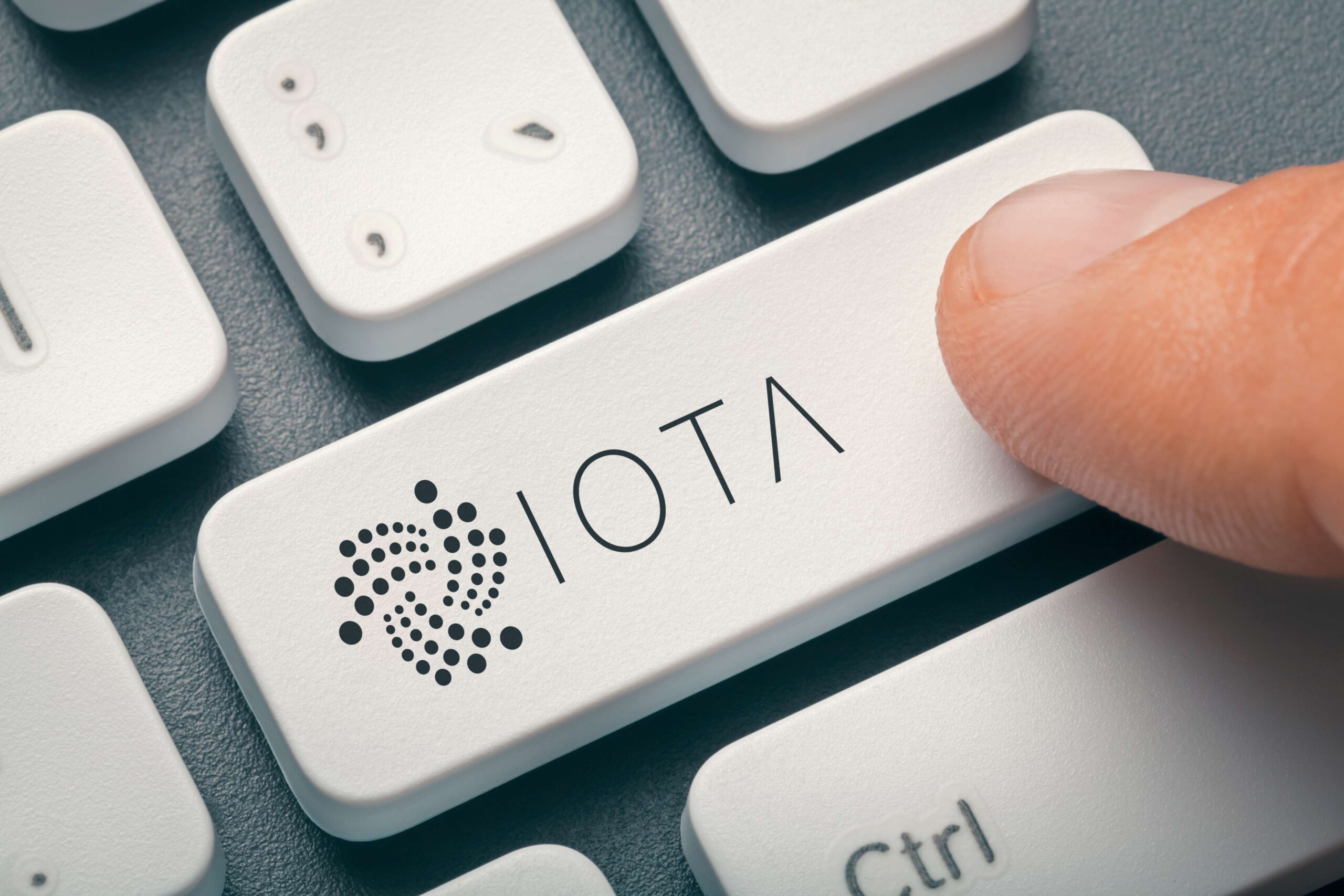- The Bangko Sentral ng Pilipinas has disclosed that it will use the Hyperledger Fabric blockchain for its CBDC trials.
- For now, no mention has been made concerning the involvement of Ripple or Ethereum.
In the wake of the Central Bank Digital Currency (CBDC) interest increasing among countries, Bangko Sentral ng Pilipinas (BSP) has been working on the wholesale version of its CBDC dubbed Project Agila. According to the latest report, BSP has decided to use the Hyperledger Fabric blockchain for the trials. The selection is reported to have been made with input from the “International Monetary Fund (IMF), the BIS Innovation Hub, and other financial institutions.”
BSP Governor Eli Remolona Jr. has stated that participants are expected to have a clearer understanding of the project by the end of the pilot.
By the end of Project Agila, the pilot participants are expected to have a clearer understanding of CBDC technology and assess the capability of wholesale CBDCs to foster advancements in the large-value payment system. The results of the assessment are seen to guide the BSP and the industry on a possible launch of wholesale CBDCs in the Philippines.
Industry experts have explained that Distributed Ledger Technology (DLT) is preferred because banks already have accounts with the central bank. On top of that, it provides an additional layer of programmability functionality. Also, it ensures that CBDC is used as an on-chain settlement asset for other blockchain assets. The 24/7 availability of a DLT system that makes it possible for interbank transactions outside the business hours of the traditional payment system was also highlighted by the central bank.

More on the Philippines CBDC Project
It is important to note that Hyperledger Iroha was a strong contender for this project due to its history. The lead developer Soramitsu had previously worked with BSP with the technology underpinning Cambodia’s Project Bakong. For now, no official mention of Ripple or Ethereum has been made in relation to the project. Ripple’s DLT was recently lauded by Bank of America in a patent filed.
BSP Governor Felipe Medalla also explained the decision to ditch retail Philippines CBDC.
We will not go into retail CBDC. We will be in wholesale CBDC, which hopefully, will also facilitate cross-border transfers. And of course, the dream is for any ASEAN citizen can use their phone to make payments wherever he is in the ASEAN.
BSP has disclosed its intention to evolve the financing system of the country to cashless. For now, it plans to move 50 percent of all transactions to digital-based in 2023. Also, it expects to increase the number of banked population to 70 percent.
Some of the Initiatives to make these plans a reality include the introduction of InstaPay Debit PUll and Request to Pay. This will improve interoperability and ensure that customers of financial institutions can transfer funds to other institutions. This may include transfers to licensed exchanges at a cheaper cost. For now, the banks participating in the Project Agila include:
BDO Unibank, China Banking Corp., Land Bank of the Philippines, Rizal Commercial Banking Corporation, Union Bank of the Philippines, and Maya Philippines. Observing financial institutions for subsequent stages are Citibank N. A. Manila, China Bank Savings, Wealth Development Bank Corporation, and SeaBank Philippines.”
- Invest in Ripple (XRP) and 70+ cryptocurrencies and 3,000 other assets.
- 0% commission on stocks – buy in bulk or just a fraction from as little as $10.
- Copy top-performing traders in real time, automatically.
- Regulated by financial authorities including FAC and FINRA.

Get Started
Crypto News Flash does not endorse and is not responsible for or liable for any content, accuracy, quality, advertising, products, or other materials on this page. Readers should do their own research before taking any actions related to cryptocurrencies. Crypto News Flash is not responsible, directly or indirectly, for any damage or loss caused or alleged to be caused by or in connection with the use of or reliance on any content, goods, or services mentioned.
Credit: Source link












































